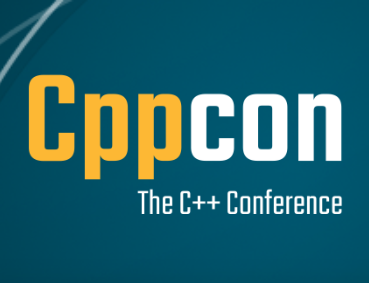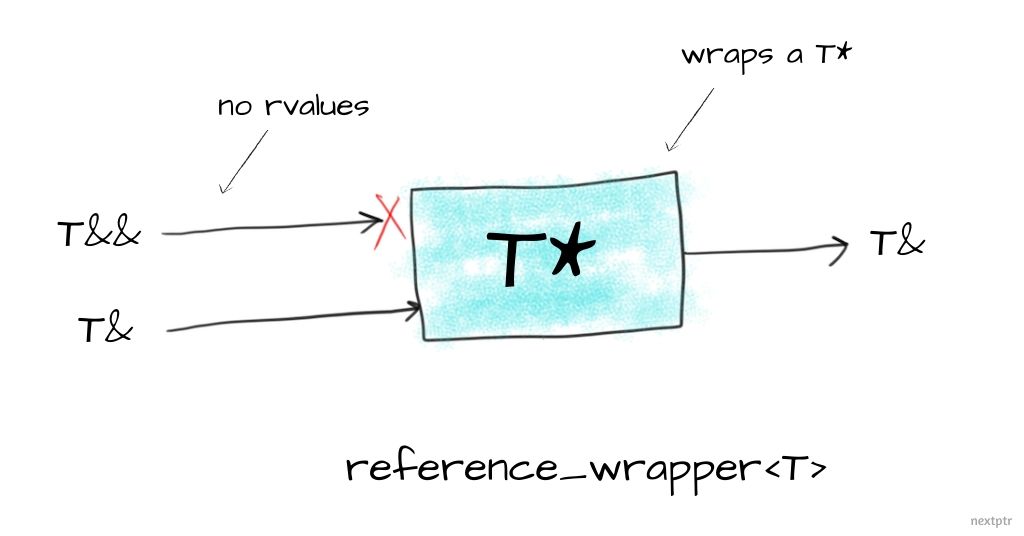CppCon 2019: 10 Techniques to Understand Existing Code--Jonathan Boccara
 This year, CppCon 2020 is going virtual. The dates are still the same – September 14-18 – and we are aiming for the CppCon live event to have pretty much everything you’re familiar with at CppCon except moved online: multiple tracks including “back to basics” and a new “embedded” track; live speaker Q&A; live talk time zones friendly to Americas and EMEA (and we’re going to try to arrange around-the-clock recorded repeats in all time zones, where speakers who are available can be available for live Q&A in their repeated talks too, and we’ll do that if it’s possible – but we’re still working on it!); virtual tables where you can interact face-to-face online with other attendees just like at the physical event; virtual exhibitor spaces where you can meet the folks on your favorite product’s teams to ask them question face-to-face; pre- and post-conference classes; and even the CppCon house band playing live before every plenary session. All talk recordings will be freely available as usual on YouTube a month or two after the event, but everything else above will be available only live during CppCon week.
This year, CppCon 2020 is going virtual. The dates are still the same – September 14-18 – and we are aiming for the CppCon live event to have pretty much everything you’re familiar with at CppCon except moved online: multiple tracks including “back to basics” and a new “embedded” track; live speaker Q&A; live talk time zones friendly to Americas and EMEA (and we’re going to try to arrange around-the-clock recorded repeats in all time zones, where speakers who are available can be available for live Q&A in their repeated talks too, and we’ll do that if it’s possible – but we’re still working on it!); virtual tables where you can interact face-to-face online with other attendees just like at the physical event; virtual exhibitor spaces where you can meet the folks on your favorite product’s teams to ask them question face-to-face; pre- and post-conference classes; and even the CppCon house band playing live before every plenary session. All talk recordings will be freely available as usual on YouTube a month or two after the event, but everything else above will be available only live during CppCon week.
To whet your appetite for this year’s conference, here’s another of the top-rated talks from last year. Enjoy – and register today for CppCon 2020 – all the spirit and flavor of CppCon, this year all virtual and online!
10 Techniques to Understand Existing Code
by Jonathan Boccara
Summary of the talk:
One of the reasons why a lot of us work in C++ is because there is a huge amount of existing projects written in C++.
But existing code can be hard to understand.
In this presentation, you will learn how to make sense of code quickly, from the general big picture of the codebase all the way down to the little details of the code of a complex class.
The ten rules covered in this session will teach you to:
- start reading code from the end
- identify the parts of code that carry the most information
- locate the code of any feature visible in the application
- and many more!Code reading techniques usually come with years and years of experience. This presentation will teach some of them to you right now, supported by code examples.
There is a wealth of talks about how to write C++ code using the latest features of the language, but there are very few talks about reading existing code. In particular the everyday code that people have in their codebases. And as the saying goes, code is read much more often than it is written.
This presentation aims at filling this need in a practical way, by exposing 10 techniques that conferences attendees can use on an everyday basis to understand quickly the code they get to work on, as soon as they go back to the office after the conference.

 Will you use it?
Will you use it?
 This year, CppCon 2020 is
This year, CppCon 2020 is  CLion 2020.2 is released!
CLion 2020.2 is released! Motivation behind reference_wrapper and common use cases.
Motivation behind reference_wrapper and common use cases. This year, CppCon 2020 is
This year, CppCon 2020 is  This year, CppCon 2020 is
This year, CppCon 2020 is